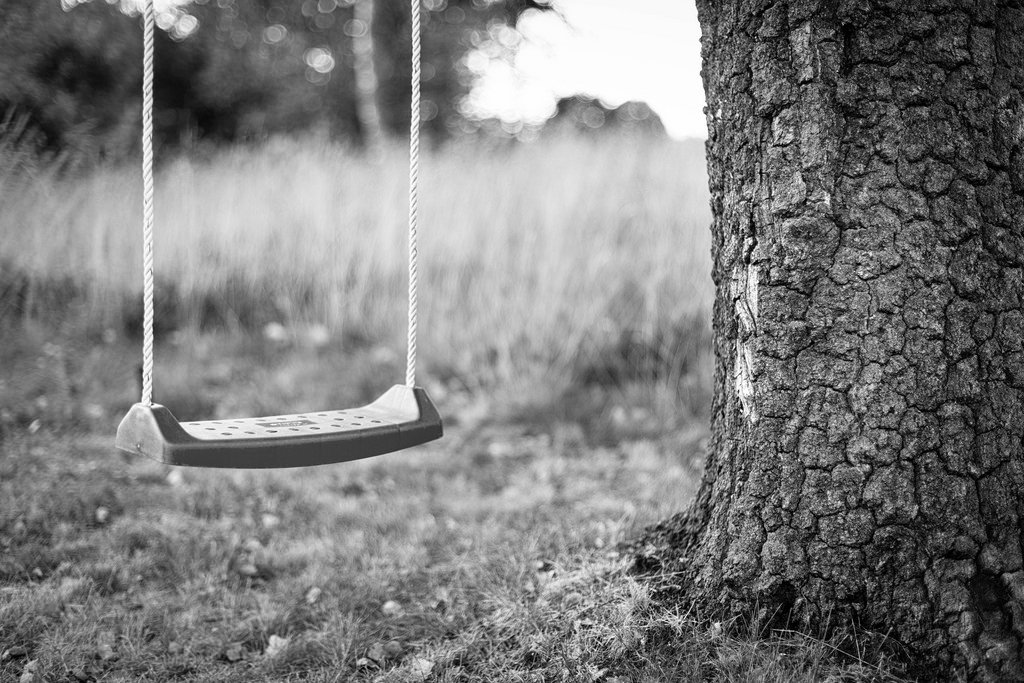
Talking about addiction with anyone, while an important process, can be an extremely complicated and delicate one. This is particularly true for children. Addiction isn’t always discussed in homes, even though 28 million Americans are the child of people struggling with addiction. With this number in mind, and especially if someone in a child’s life is struggling with addiction, it’s important to create awareness and understanding on this subject. Here are some tips for how to approach this difficult topic.
Timing
It may seem straight forward, but timing is critical when approaching a serious topic like addiction with a child. Don’t bring it up right after an incident or during a time of stress; the mood should be fairly calm with limited distractions. Ensure that your child is relaxed and leave plenty of time for them to ask questions.
Keep it Age Appropriate

Image Credit: Conspirator
Ensuring that the information you provide your child with is age appropriate is very important to guiding their understanding. If you give a young child too much information that they can’t process, they might not comprehend anything you’ve explained at all. On the other hand, talking “down” to an older child may make them feel as though you’re being dishonest.
Children Under the Age of 5:
Keep your language short and simple and avoid technical language. Afterwards, try to return to a normal activity.
School-Aged Children:
At this age, your children might have received information about drugs, alcohol or addiction from school, whether in class or just from conversations with their peers. Be prepared to answer their questions and to explain any rumors or misconceptions.
Teenagers:
Teens can handle quite a lot of information. Drug use and abuse will not be foreign to them as drug awareness programs are common in school at this age and they may know people who have experimented with drugs. Give them an opportunity to express their own thoughts and feelings around addiction and how it affects them personally.
What to Say

Image Credit: Sigfrid Lundberg
As previously mentioned, this might be adjusted based on the age of your child, but there are a few basic topics that you can cover with them no matter how old they are. If someone your child knows is living with an addiction, explaining this is a first step. Afterwards, the National Association for Children of Alcoholics states that children need to be told and made to understand the “Seven C’s”:
- I didn’t cause it.
- I can’t cure it.
- I can’t control it.
- I can help take care of myself by…
- …communicating my feelings
- …making healthy choices and
- …celebrating me!
It’s important that children understand that they do not bear the responsibility or blame for addiction. Instead, they must know that they’re in control of their own choices and wellbeing. Begin with these simple principles, maintain an open dialogue and tackle any issues as they arise.
Feature Image: arctia


